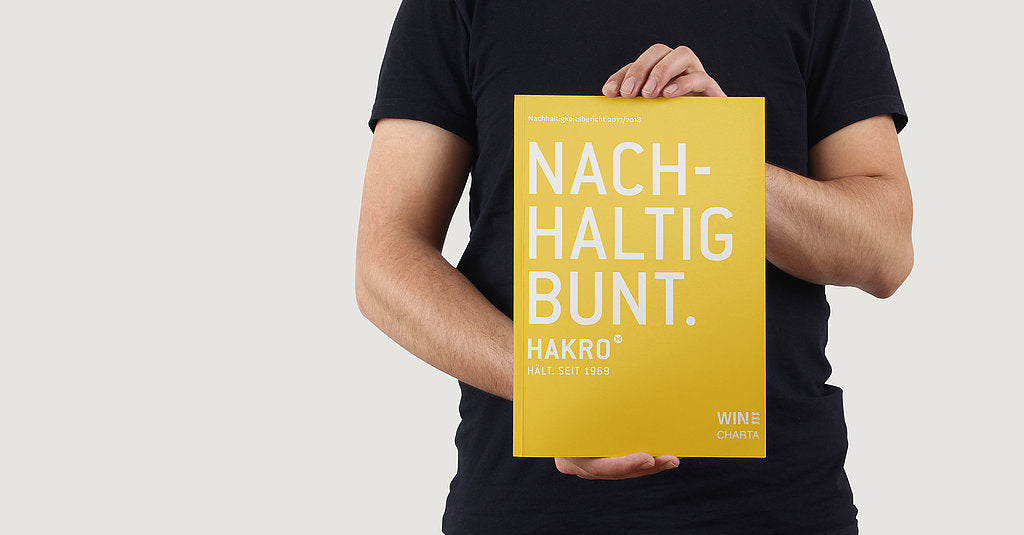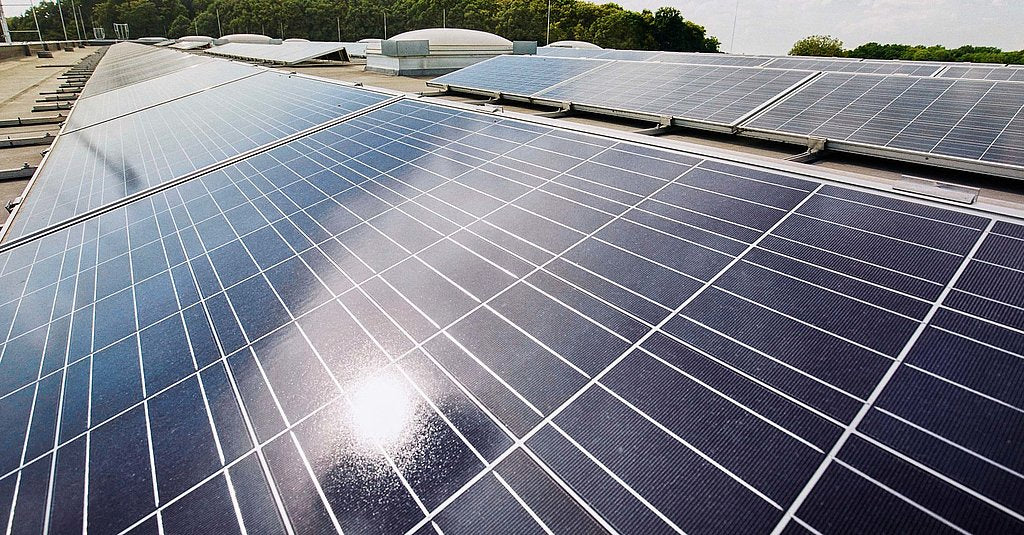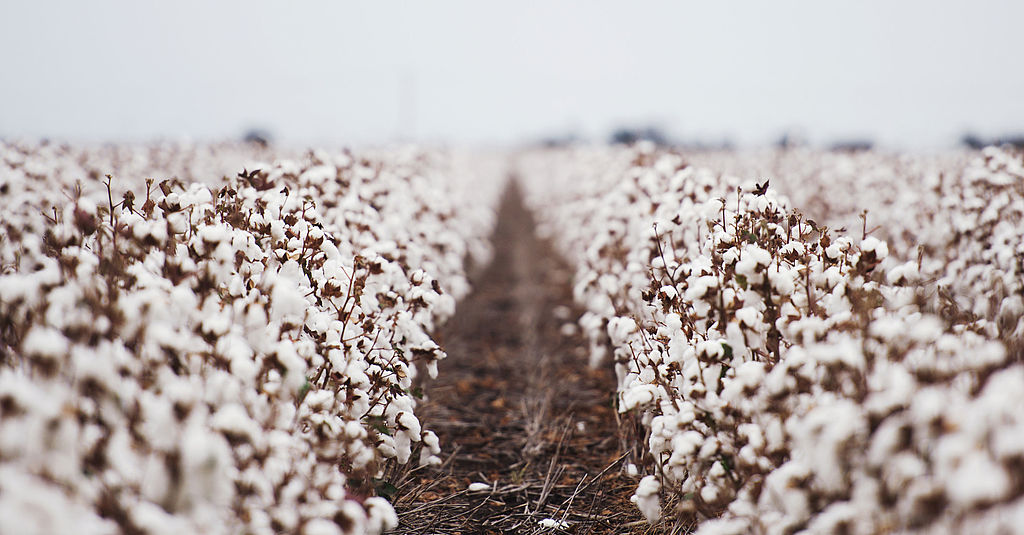NHB 2018: HAKRO HAS A SUSTAINABLE IMPACT - ALSO ON THE REGION
Sustainability is particularly important to HAKRO and is a fundamental part of the company's philosophy. As early as 2015, HAKRO signed the charter of the Economic Initiative for Sustainability (WIN) of the state of Baden-Württemberg. With this voluntary commitment, HAKRO acknowledges its economic, ecological and social responsibility as well as its home region, the business location of Baden-Württemberg. The sustainability report now follows the structure laid down by WIN and describes the processes and goals that have been pursued and achieved since the signing of the charter. The WIN Charter comprises 12 guiding principles and thus covers all areas of employees and company management. HAKRO's sustainability report focuses on three guiding principles in particular: employee well-being (Guiding Principle 2), corporate success and jobs (Guiding Principle 7) and regional added value (Guiding Principle 11).Employee well-beingHAKRO's vision is a world in which all workers have a decent job and can lead a decent life on their wages. The company is convinced that its own economic success is only possible with satisfied employees. In accordance with its employee guidelines, HAKRO offers its employees secure jobs in an attractive working environment characterised by fairness, openness and equal opportunities.Measures implemented in the reporting period to promote employee well-being include the employee magazine ‘Lesestoff’, participation in the German Diversity Day and, as part of this, the appointment of a representative for severely disabled employees and staff diversity. In addition, the training programmes at the HAKRO Academy have been bundled and the range of courses has been significantly expanded. For HAKRO, employee well-being is reflected in particular in the annual staff turnover rate (2017: 1%) and the health rate (2017: 93.6%). However, employee surveys are also conducted every two years to determine employee satisfaction (2017: 1.5 in school grades).Plans for the future include expanding further training courses and increasing the number of training hours per employee. The commissioning of a company canteen at the HAKRO Logistik site in 2019 and the continuation of the annual health day for employees are further goals that have been set. By 2020 at the latest, the criteria for the ‘Sicher mit System’ (Systematic Safety) seal of approval from the Berufsgenossenschaft Handel und Warenlogistik (BGHW) are also to be met.Corporate success and jobsThe HAKRO brand stands for quality and reliability in corporate fashion and clothing for work, leisure and sport. This is also expressed in the new brand image created in 2017, "HAKRO HÄLT. SINCE 1969", and at the same time conveys the company's credibility and sincerity towards employees, customers and partners. This identity will continue to be cultivated and preserved. HAKRO is aiming for organic, sustainable growth for its planned expansion in the coming years.With an increase of 10 per cent to net sales of 80 million euros, the 2017 financial year was the most successful in HAKRO's history to date. 8.9 million items of clothing were sent to HAKRO retailers in 271,000 parcels with a complaint rate of less than 0.1 per cent. 164 employees contributed to the company's success.HAKRO has set itself the goal of becoming one of the most sustainable suppliers in its sector by 2022. Steps and measures to achieve this goal can be found in the ‘Active ingredient’ sustainability strategy published in 2017.Regional added valueHAKRO promotes the common good not only by creating jobs and as a taxpayer, but also through a wide range of charitable activities under the motto ‘HAKRO Cares’. In its activities, the company focuses on the Schwäbisch Hall district as its home region.HAKRO supports numerous sports clubs in the region, but also creates several jobs for people with special support needs in cooperation with the Sozialtherapeutische Gemeinschaften Weckelweiler e.V. In addition, the Harry Kroll Foundation helped the Tübingen Children's Hospital financially with the purchase of important medical equipment. The volunteer service ‘HAKRO TeamShare’ also takes centre stage. Established as a corporate volunteering project in 2017, HARKO supports its employees' voluntary commitment to their fellow human beings or the environment with a day of special leave. HAKRO's commitment to the citizens of the region is to be maintained and will be practised even more purposefully in future in order to increase the positive impact for the common good. The company's commitment guidelines, which were drawn up for the first time and have been in force since August 2017, provide the framework for this. ‘For us, sustainability is more than just an image-promoting buzzword,’ emphasises Carmen Kroll, Managing Director and shareholder of HAKRO GmbH. "The shared core values and responsible treatment of people and the environment, to which we have once again committed ourselves with the WIN Charter, are more than a matter close to our hearts, as is our strong regional commitment. We see sustainability as an integral part of our success."You can download the report here
Learn moreHAKRO NOMINATED FOR THE GERMAN SUSTAINABILITY AWARD 2019
At the beginning of August, we received some good news in the form of a small email: we have been nominated for the 11th German Sustainability Award 2019. The German Sustainability Award is the national award for outstanding achievements in sustainability in business, local authorities and research. With five competitions, over 800 applicants and 2,000 guests at the events, the award is the largest of its kind in Europe. The award is presented by the German Sustainability Award Foundation in cooperation with the federal government, leading municipal associations, business associations, civil society organisations and research institutions.HAKRO has been nominated in the category ‘Germany's most sustainable medium-sized companies 2019’. The nomination recognises our exceptional commitment.To take part in the first round of the competition, we had to present a concept on strategies, measures, successes and goals relating to sustainability. An independent panel of experts from the fields of business, research, civil society and politics made the selection. HAKRO impressed the jury with its ambitious sustainability strategy and was nominated for the second round along with 13 other medium-sized companies. The jury gave clear reasons for nominating the corporate fashion provider: "The company focuses on the problems facing the industry and on improving working conditions at production partners abroad. HAKRO understands responsible procurement to mean close cooperation with long-term partnerships. Since 2012, these must at least comply with the Code of Conduct of the Business Social Compliance Initiative (BSCI). The brand has also been a member of the Partnership for Sustainable Textiles since 2015 and is committed to safe textile production in Bangladesh. The Bangladesh Accord was signed again at the beginning of 2018. HAKRO was also able to score points for minimising its ecological footprint, which is achieved through climate-neutral shipping, the constant reduction of the reject rate by means of close controls and the reuse of textile remnants, among other things." In the second and final round at the beginning of September, the nominees will once again present themselves in detail to the jury. The final award ceremony will take place on 7 December 2018 in Düsseldorf."We are delighted with the nomination, as it confirms that we are on the right track. The jury's feedback is a valuable mirror for us as we move forward. Sustainability is a very central issue for HAKRO. The German Sustainability Award is one of the most prestigious competitions in this field," explains Jochen Schmidt, Quality Management and Sustainability Officer at HAKRO. "We receive consistently positive feedback on our measures from customers and other companies. With our ambitious goals, we want to become one of the most sustainable suppliers in our sector."
Learn moreHAKRO IS A NEW PARTNER OF COTTON MADE IN AFRICA
‘Cotton made in Africa convinced us,’ comments Carmen Kroll, Managing Partner of HAKRO GmbH. "The standard takes both social and ecological aspects into account. And by participating, we can make a contribution to stabilising the cotton sector in Africa and improving living and working conditions in the countries where the cotton is grown."Following the recent launch of the Organic collection made from GOTS-certified organic cotton, Cotton made in Africa is a further measure by the medium-sized company to significantly increase the proportion of sustainably produced natural fibres in the coming years. The company has the CmiA cotton processed by an independent production partner in Turkey, which manufactures polo shirts, sweatshirts and sweat jackets for HAKRO. The company is subject to the requirements of the Business Social Compliance Initiative (BSCI).Tina Stridde, Managing Director of the Aid by Trade Foundation, the sponsor of CmiA, recognises the new partnership: "HAKRO shows that companies in the textile sector of corporate fashion, work, leisure and sport can also increase their sustainability performance with Cotton made in Africa and make it visible to their customers. More and more sustainably orientated companies are placing higher social and ecological demands on their workwear. We are therefore delighted to have gained a renowned partner in HAKRO, who is working with us to support small farmers in Africa and forward-looking corporate fashion."As the largest initiative for sustainably produced cotton in Africa, Cotton made in Africa represents a sustainable basis for the textile chain worldwide. It gives a face to small farmers who are at the beginning of the fashion industry. Hundreds of thousands of smallholders benefit from agricultural and business management training that helps them to improve their yields and cultivation methods. Women are strengthened in their social and professional independence and factory workers benefit from improved working conditions. In return, companies gain a sustainable raw material that respects human rights and protects nature.HAKRO and the AbTF are members of the Partnership for Sustainable Textiles (Textiles Partnership), which campaigns for more socially and ecologically sustainable production conditions in the textile chain.
Learn more

